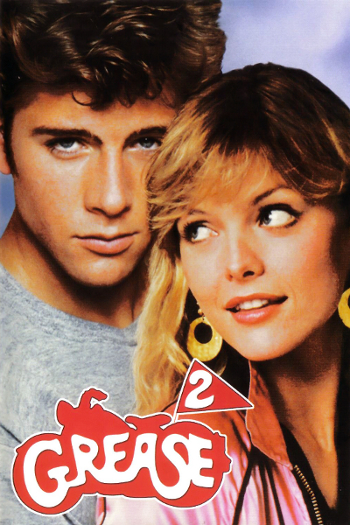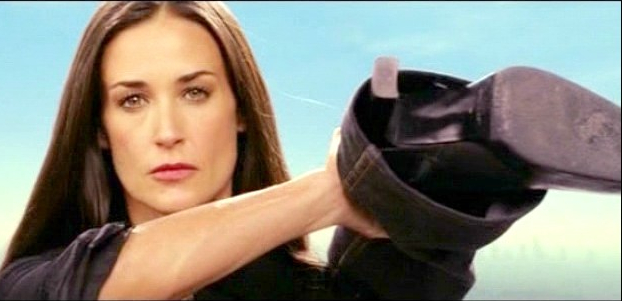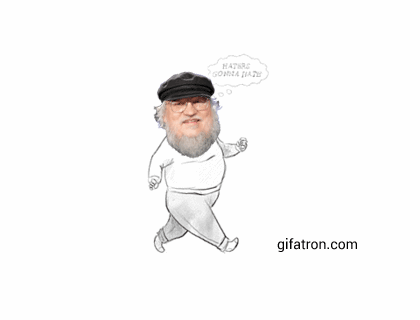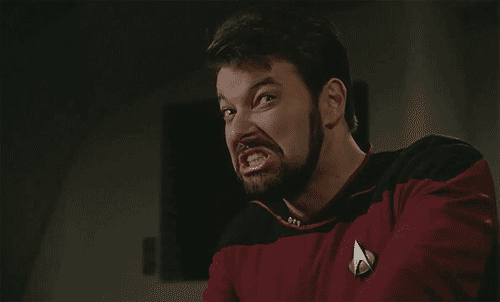Sequels are hard. This is obvious from the amount of sequels to amazing films and books that frequently die with only a dry fart playing at their funeral. Before this year, I experienced this feeling only as an observer, watching the scions of great dynasties fall into ruin.
I’d like to share with you my experience writing a sequel. It’s a little writer “inside baseball,” but like I’ve said before on Agents of GUARD, we like talking about creators. Sometimes those creators are on this side of the bullpen. I promise to make a bunch of silly jokes along the way, if that helps. And maybe a Riker gif, if you’re good. WE RIDE.
The Other Side
Up until now I’ve written three books, one of which fell into failure and despair, the second of which got published (Deadgirl, available November 2014), the third of which is still in the cogs of the machine with an undecided fate. Up until now, each book was unrelated, a thrust into a brand new universe and brand new characters. Up until now, I’d never tried to write a sequel.
Yesterday I sent my agent the manuscript for the Deadgirl sequel, which has a tentative title that I shouldn’t share. Let’s say “Deadgirl 2” for clarity’s sake, even though there’s no way that’s what it’s called because that’s seriously the worst. I can’t reveal much, nor should I, but I’d like to share you with you this particular creator’s side of sequelization. And that shit is shockingly difficult.

The Serial Aisle
I’ve always considered myself a “Series Man,” which is a moniker I made up in the last clause of this very sentence. What I mean is, I’ve always read fantasy novels, comic books, and serialized storytelling – I like my worlds convoluted, my stories epic, and my page counts absolutely ridiculous. When I first decided to go through the constant pain and anguish of being a professional author, I always had a mind for series, for the long game. I’m incapable of writing a story and not thinking of what comes next for the characters, the world, the whole dealio – I seed sequel hooks into everything I’ve ever written. It’s a condition. I’m broken inside.
For instance, I’ve threaded hints to a book I haven’t even written yet through every story I’ve ever constructed, just so that when I finally get around to that book I’m gonna look like a real badass. It’s a compulsion of Riddler-levels. I’m one Easter Egg away from digesting my own hair in Arkham Asylum, is what I’m saying.
Electric Boogaloo
Now, this isn’t all just horn tootery. I’m telling you that so I can tell you this: making a sequel has been one of the harder writing challenges I’ve come across. The biggest hurdle is a double-hurdle, which isn’t a thing but sounds painful. Basically, in a sequel, the reader wants More. However, they also want the Same. They want what worked before, but more of it. They want more characters, but they don’t want to lose any of the old characters. They want to explore new villains and storylines, but they want you to acknowledge and follow up on the plots from the past. It’s the delicate sword-fight of new versus old, and someone is going to get impaled.
My original draft of “Deadgirl 2” (seriously that’s not the name) clocked in at a word count of HOLY SHIT THAT’S TOO LONG. Now, I’m naturally a windbag, so some extra fluff is going to happen in early drafts. However, the real reason it came out so shockingly thorough was because I’d never written a sequel before, and I fell over that double-hurdle I mentioned earlier and smashed my face-bones on the ground.
Basically, I tried too hard to serve two masters – the new, and the old. I tried to include every character from the first book AND every new character that was required for the new plot. There were even a few side-characters in the first book that the readers I talked to seemed to dig on, so I told myself “Self, you should expand that character’s role in the sequel because everyone likes them!” And I did! I gave a few minor characters whole plot lines, because why not! Prose is free, let’s splash some words around.
To use “Harry Potter” as an example, watch how much longer the books get once we start to learn more about the adults in Harry’s life – we go from 200+ pages to 500+ pages once the Marauders and the Order of the Phoenix pop in to say hey and be awesome.
Enhance. Enhance.
There’s also some amount of world-expansion that must occur in the sequel, where the camera pulls back a little and you see more of the world outside of the protagonist’s earlier awareness. Well, world-expansion costs more pages. The story gets more complex as the world expands, too – observe the far more complicated and setting-illuminating story of “Prisoner of Azkaban” versus the relatively straight-forward “Philosopher’s Stone” and “Chamber of Secrets” (which I almost consider the same book because of how similar they are).
For instance, Deadgirl is a relatively linear story that takes place over the course of a week. The Deadgirl sequel, to contrast, covers Lucy Day’s entire junior year. There’s more story, more characters, more factions, more world-building. Basically, that damned More. Alan More. Mandy More. Dinty More.

How I Learned to Stop Worrying and Love the Backspace
Well, when I sent the Stay-Puft Marshmallow-sized manuscript to my agent, she actually scoffed. I could practically hear the sharp intake of air through the email text. She balked at the word count, the page count, the hubris – and rightly so. Don’t get me wrong, she was as nice as someone could possibly be when the family dog drops a dead possum into your lap, but the horror was clear.
After some convincing, I agreed to murderous cuts – something like 15,000 words straight off the top. If you’re not big into word count, that’s like one-third of the Great Gatsby. So I delved back into the manuscript and went a page at a time, slicing like a bastard and killing all of my darlings to achieve the impossible. Keep in mind, over previous drafts of the book, I’d already cut a good 10,000 out of it to begin with.
It pained me some days and outright flayed the meat from my bones at other times, but I finally managed it. The first thing I learned was this: serving two masters means you get beat by both. The New and Old cannot always be paid tribute equally. Sometimes you just gotta tell the story and let the chips fall where they may. If it ain’t about the story, get rid of it. As much as I enjoyed my beloved side-character’s interesting plotline, it really had nothing to do with Lucy’s story. So it went into the fire, and that character got demoted to cameo.
I wasn’t what I’d call “happy” about it, but I at least enjoyed the release of epiphany. I have to tell a story, and I can even expand the world and add more characters, but something has to give. In order to avoid a page count that would make George R. R. Martin clutch his engineer’s cap in his fists and laugh maniacally, a sequel has to involve compromise. It has to involve balance, and it has to walk a dangerous tightrope of fan service and narrative cleanliness.
In Contusion
What I’m really saying, and the heartfelt lesson you should take away from this, is that Deadgirl by B.C. Johnson is out in November for e-book and paperback, and the sequel will be maybe available next year I hope God-willing.
Also, and seriously, sequels are difficult. You have to recap the first book without looking like your recapping the first book (I don’t know, fly casual). You have to reintroduce characters as if they’re new, but at the same time not bore people who read the first book. You have to keep the ingredients and mood of the first meal without just cooking the same dish all over again. You’ve got to cram in more world in less pages, and those stakes gotta get higher.
Like all challenging things, it turned out to be a blast! Will there by more Deadgirl sequels? Oh yes. And will I be less surprised and awe-struck on how to make ’em work? I’m really, really hoping that the answer is “yes.”




Comments